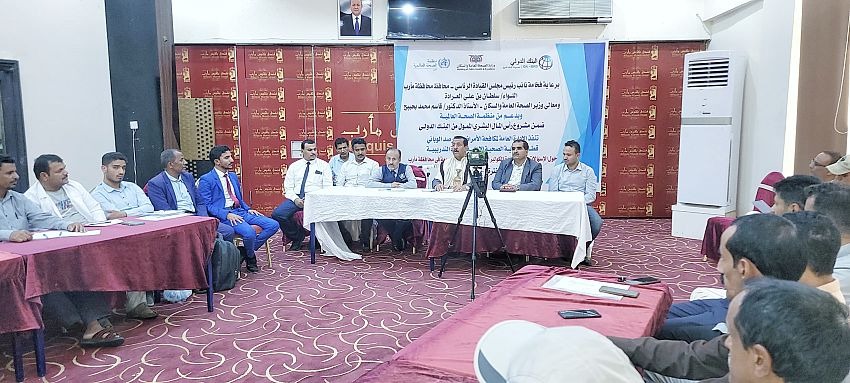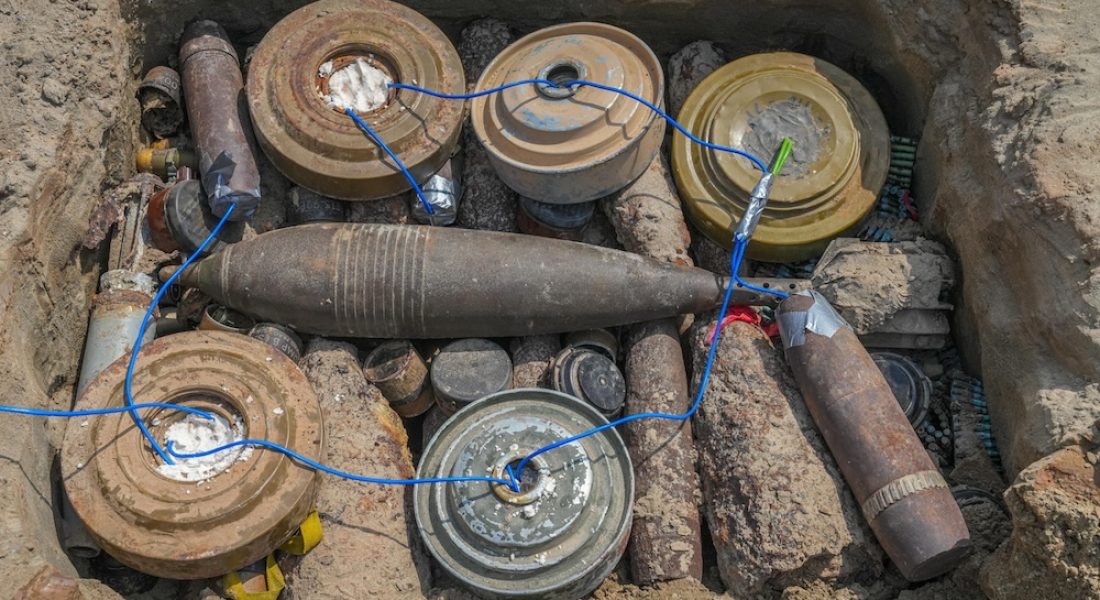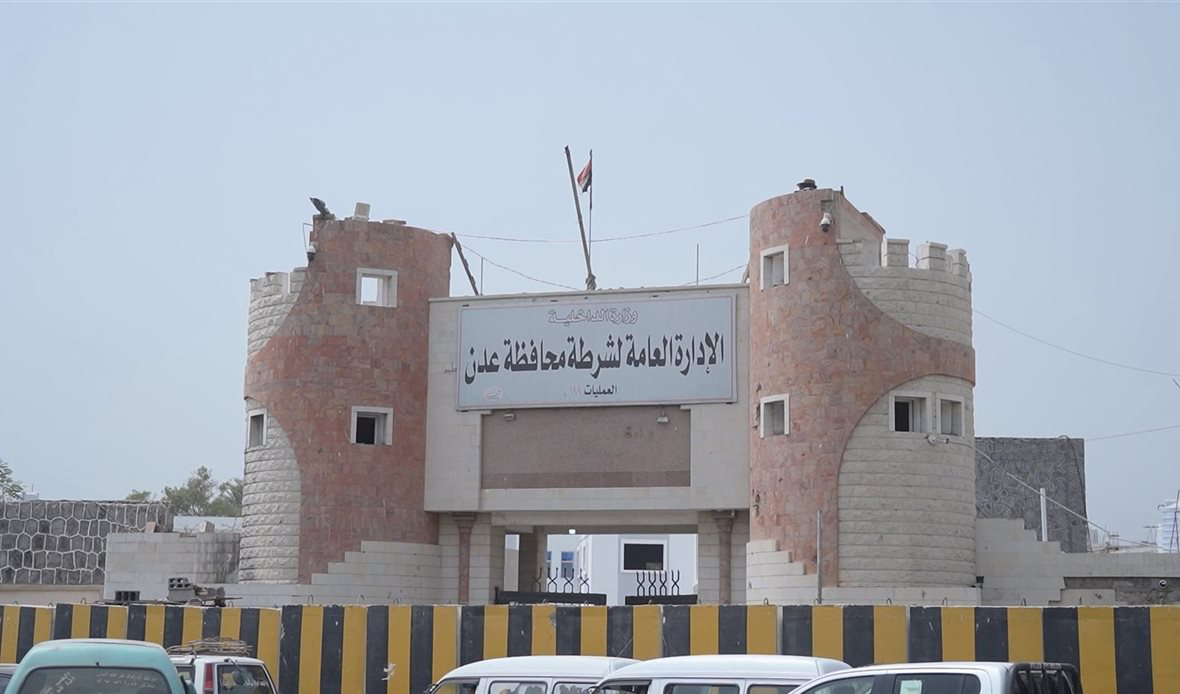
Barran Press
On Saturday, June 1, 2024, a comprehensive health training course commenced in the city of Marib, focusing on acute watery diarrhea and cholera case management. The course, spanning three days, gathered 30 dedicated male and female trainees from response teams within the region.
The esteemed initiative is organized by the General Administration of Disease Control and Epidemiological Surveillance, a division of the Ministry of Public Health and Population. The program receives generous support and funding from the World Health Organization and the World Bank as part of the Human Capital Project.
During the course's inauguration ceremony, Dr. Abd Rabbuh Muftah, the Undersecretary of the Governorate, and Dr. Ahmed Al-Abadi, the Director of the Public Health and Population Office in the Governorate, delivered powerful speeches underscoring the importance of continually enhancing the skills and capabilities of healthcare personnel operating in the field. Their primary objective is to empower these individuals to fulfill their humanitarian duties, particularly within the realm of primary healthcare and rapid response.
Emphasizing the vulnerability of rapid response teams to infection, both officials stressed the critical role these teams play as the first line of defense in combating outbreaks. They urged the trainees to diligently apply the knowledge and experience gained from the course to effectively manage cholera incidents, particularly in densely populated areas such as displacement camps and crowded neighborhoods. The governorate is currently home to approximately three million inhabitants, further highlighting the need for a robust response capacity.
Dr. Ali Sariya, the director of the World Health Organization office in the governorate, provided further insight into the training course. He explained that this particular program is one of four courses designed to qualify a total of 110 male and female trainees. The comprehensive curriculum covers various critical areas, including cholera case management, diarrhea treatment centers, diphtheria case management, and infection control within diarrhea treatment facilities.
Government statistics reveal that since the start of 2024, more than 130 suspected cases of cholera have been reported in Marib Governorate. This alarming figure underlines the pressing need for effective training programs and robust response strategies to combat the disease and protect the local population. The ongoing efforts by the authorities, in collaboration with international organizations, demonstrate their commitment to addressing this public health concern and safeguarding the well-being of the community.





